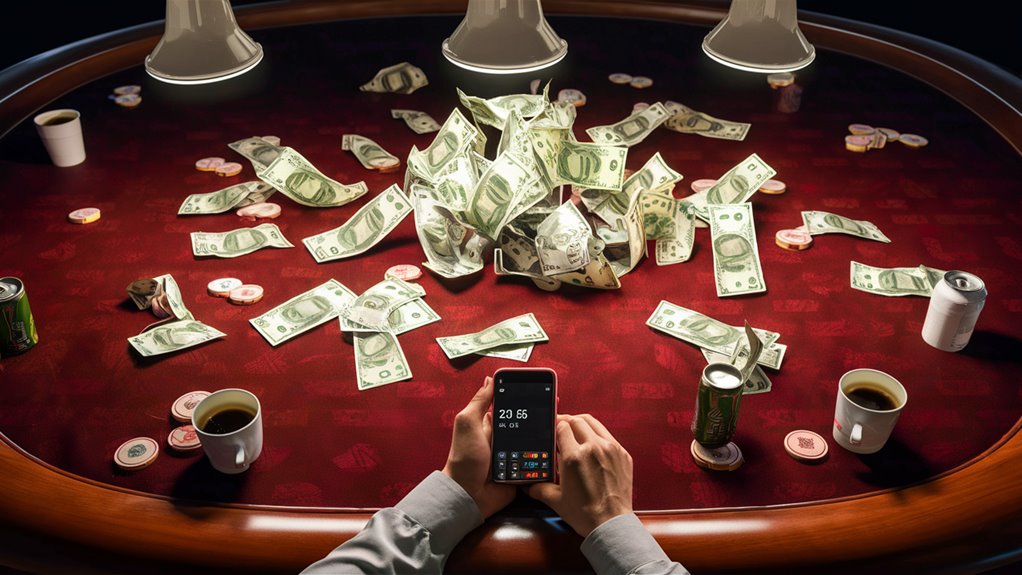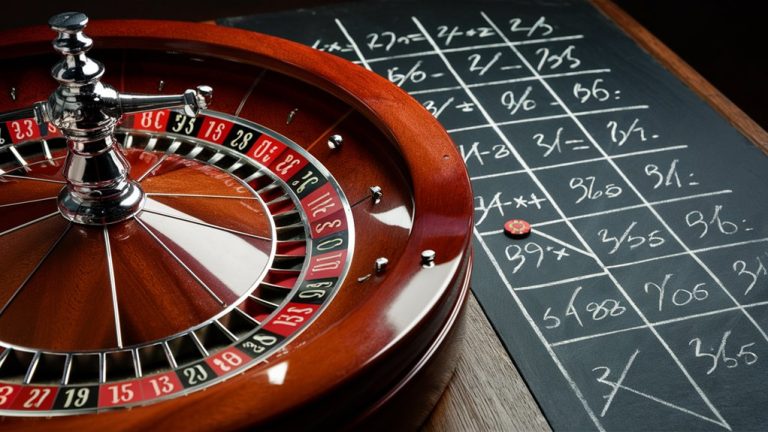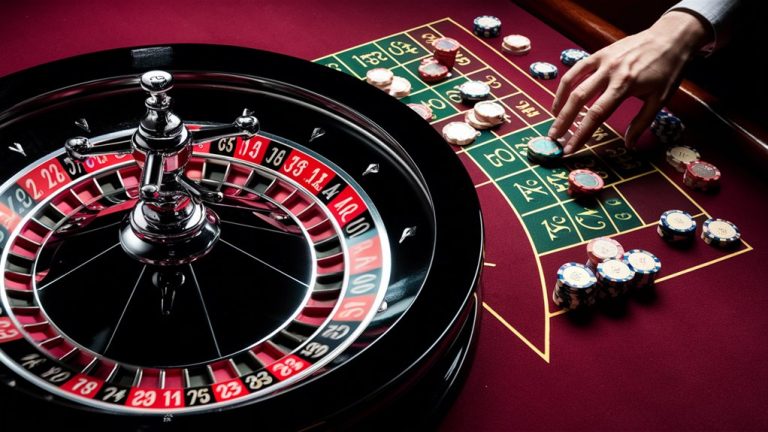How to Not Make Mistakes in Poker: A Guide for New Players

Big Mistakes of New Poker Players
If you are new to poker, knowing what not to do can save lots of cash and help you get better fast. Six bad poker moves often mess up new players and their cash. 온카스터디 인증리스트 추천
Playing Too Many Hands from the Start
Picking your hands well is key when you are new. Only play the best 20% of hands you can get. Stick to top cards and good suits. This smart way stops you from losing by accident and helps you learn the right moves.
Knowing Your Place at the Table
Your spot at the table changes how much you can win. Being the last player to act helps a lot, but going first needs extra care. Learn by not moving too soon when you’re first and making your best plays when you’re last.
Avoid Running After Losses
Chasing what you have lost with bigger bets leads to big trouble. Stick to the same bet sizes no matter how the last round went. Use firm limits on losses to stop rash moves when you are down.
Handling Your Money
Good money control is a must for your poker life. Only risk 5% or less of all the money you set for poker in one game. Keep your poker money apart from other money to make sure it lasts.
Keeping Emotions in Check
Build a habit of thinking in numbers, looking at long-term value, not just one game. Stay cool and make choices based on clear math, not how you feel. Calm With Intimate, Bonus-Filled Resonance
Learning About Poker Well
Dive into learning poker with all the tools, reviews, and analysis out there. Keep track of your plays, see where you mess up, and always tune up your approach. Winning needs you to keep studying and changing.
Keeping Good Habits
Mix these ideas into your poker base to stay away from common traps. Stay focused, think ahead, and keep getting better for strong poker skills.
Playing Too Many Start Hands
Picking the right first hands is the base of making money in poker.
The worst move is playing too many hands, which keeps eating your money.
Picking the right hands is how you start making more in every game.
Best Hands to Play
Pick your hands based on where you sit:
- First Up: Play 20% of hands
- Last Up: Try 30-35% of hands
- Top picks are big pairs, suits that work well together, and strong cards
Math of Picking Hands
Loose play makes you lose money when you see the flop with weak hands.
Math shows each bad first hand lowers:
- Direct cash due to bad picks
- Chances to play strong hands
- Money you need to win well
- Most game chances after the flop
Playing Tight and Hard
Playing few, strong hands mostly does better than playing lots of weak ones.
By folding weak hands to start, you:
- Keep your chips for winning chances
- Steer clear of tough calls after the flop
- Use your table place better
- Make solid plays with good starting hands
Not Thinking About Your Table Spot
Why Your Table Spot in Poker Matters a Lot
Knowing About Table Advantages
Your spot at the table is very important and lots of new players don’t get how much it matters.
Many new players don’t see the huge help you get from making the last move in poker hands, and how it shapes every move you make.
Using the Last Spot Well
The last spot gives you key info about what others do before you have to act. This lets you play more hands and make smarter moves with ok hands.
On the other hand, playing first makes you guess more, putting you at a big disadvantage.
Picking Hands by Spot
Choose your hands carefully based on your seat.
Think about K-J suited – it works better from the last seat than from the very first seat. In first, you might have to fold to any raise, but in last, you can see what others do and might decide to raise or call.
Each seat asks for different starting hands and moves. Not using these spot changes often costs you money.
Things to Think About for Your Spot
- Last seat shows most about the game
- First needs tighter hand picks
- Knowing your spot helps make better moves
- Adjust your strategy by where you sit
- Hand worth shifts by your spot
Putting More Cash After Losing
Stopping the Urge to Win Back Losses in Poker
Why We Chase Losses
Chasing losses is one of the most harmful mind traps in poker. When players keep losing, they often want to get back what they lost by betting more, which just makes things worse.
This bad loop usually starts from playing with emotions rather than smart moves.
Math of Chasing Losses
Math clearly shows that bigger bets during a losing run eat up your money faster.
When you move away from smart play because you’re upset, big bets make bad calls even worse. This bad loop of mistakes from being upset speeds up losses.
Known Ways to Stop Chasing Losses
Sticking to Planned Bet Sizes
- Follow set rules on how you handle your money
- Keep your bet sizes the same, no matter past games
- Think with math, not mood
Controls You Set Yourself
- Keep strict limits on how much you can lose
- Take breaks to keep a clear head
- Play each hand on its own merits, not your past hands
How to Keep Winning Over Time
Keeping a good flow in poker comes from using winning ways, not trying too hard to fix bad streaks. By playing smart during bad times, you hold onto your edge and keep your money safe.
This way makes sure you stay profitable in the long run by sticking to smart, patient play over quick fixes when you are upset.
To win for a long time, you have to stand by trusted ways and not let the pressure of losing make you risk too much.
Bad Ways to Handle Your Money
What You Must Know to Keep Your Poker Money Safe

The Big Mistake of Bad Money Handling
Handling money badly is a major reason why poker players fail, no matter how skilled they are.
Even players with great skills can lose all their money fast by picking wrong stakes and not having enough saved up.
To last in the long run, players need 20-30 times their wager for cash games and 50-100 times for tournaments to manage ups and downs well.
Keep Your Money Safe
Splitting Poker and Personal Money
Making sure you have a clear line between poker cash and your other money helps you make better choices.
Using house money or savings for poker puts bad stress on you, which can mess up how you decide.
Smart players set a firm rule on risk, limiting how much of their money is in play each time to 5-10%.
Plan How You Move Up in Stakes
Going up a level needs careful planning and smart moves. Pros suggest:
- Double your starting money before going higher
- Only use a small part of your cash for trying higher stakes
- Stop if you lose three buy-ins at higher levels
- Go back to lower stakes if you hit the stop-loss
Ways to Keep Your Money Longer
The big goal of good money management is not just keeping your cash but making the best choices under stress.
Letting Feelings Lead the Game
How to Not Let Feelings Mess Up Your Poker
How Feelings Hurt Your Money Handling
The part of keeping your money that goes beyond math is controlling your feelings.
In poker, letting your feelings take over is a sure way to lose good game plans in a few minutes.
Seeing and Handling Being Upset
Tilt is when you are so upset that you stop thinking clearly, seen in many bad moves:
- Trying to win back losses
- Betting against certain players to get even
- Playing hands you should fold because you are mad
These choices led by feelings can cause your money to disappear fast.
Watch for Signs You are Upset
Signs to Watch
- Getting mad during the game
- Feeling too sure of yourself when you win a lot
- Making scared moves after losing
What You Can Do
- Play for set times
- Set firm loss limits
- Stay calm by taking planned breaks
Setting Up Your Game Right
Getting Ready Before You Play
- Get your mind ready
- Make clear plans for each choice
- Stay true to the math
Keeping a Pro Mindset
Focus on math-based choices over just feeling right.
Being great at poker means following your strategy no matter how you feel.
Not Learning the Game Well
Why You Have to Study Poker to Win
Why Just Guessing Doesn’t Work
Getting really good at poker is more than just having talent or a good feeling. In today’s tough games, players who don’t learn the basic ideas of poker fall behind those who do.
Knowing game plans, chance, and how your seat affects your play is a must.
Study Parts You Need for Poker
Turning from just gambling to a pro at poker means you need to study:
- How odds work in math






